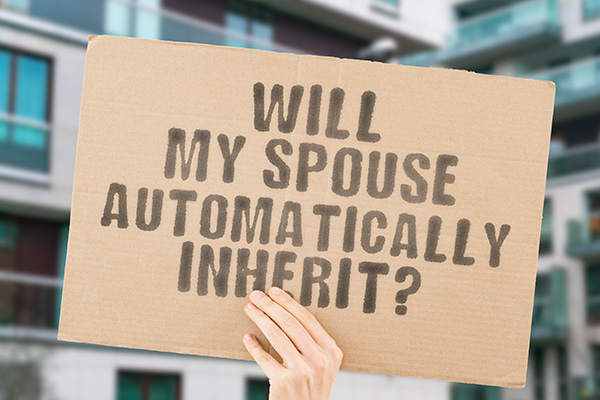Planning for Medicaid with an Elder Law Attorney
People with low incomes are eligible for Medicaid health insurance. However, because of the steep costs associated with long-term care, Medicaid planning is a growing trend for individuals with higher net worth as an alternative to spending down assets to…









